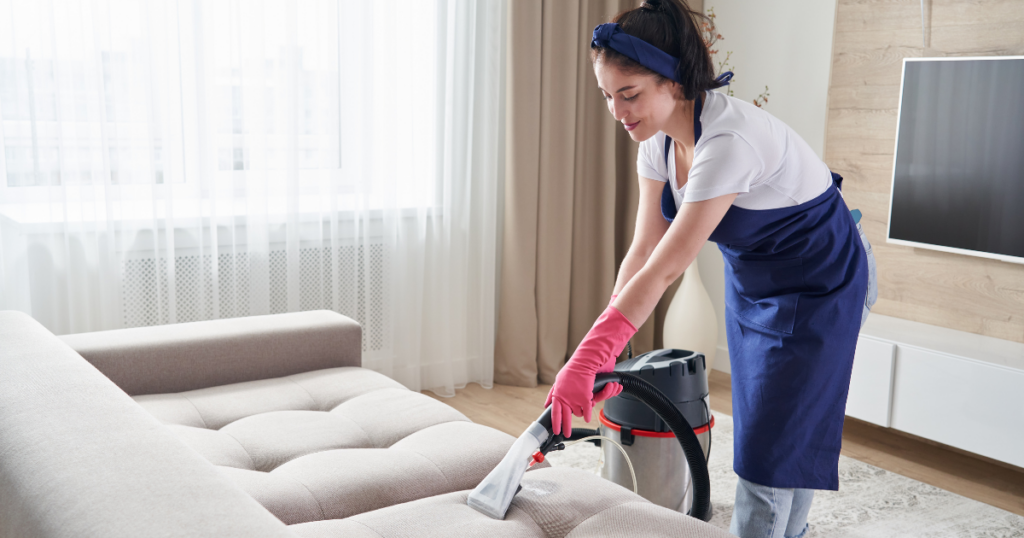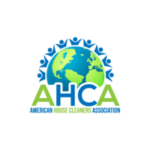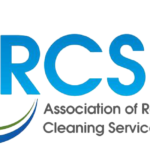Are you ready to start a cleaning business? Perfect! Before you start a cleaning business, you need to have the appropriate licenses. Without them, you could face issues running your business or hiring staff, as well as fines or other penalties. However, licensing regulations aren’t always straightforward. The question is: What licenses are needed to start a cleaning business? We’re here to help!
In this article, we tell you what you need to know about business licenses for a cleaning business.

Do I need a license to start my cleaning business?
Short answer: It depends on your state.
Whether or not you need a license to start a cleaning business will vary by location. For example, some states may require a state business license for all types of cleaning companies. Other states may require you to have a special janitorial license. Some states may not require a license at all but ask for other registration requirements, like surety bonds or insurance.
If you want to know what licenses are needed to start a cleaning business, you’ll have to do your research to be sure. Here are some tips to help you get started:
#1 Understand your local regulations vs. state licensing requirements
If you live in a state that does require a license to start a cleaning business, typically, you’ll need a general business license. Some states may have additional requirements or regulations for cleaning businesses. Check with your state’s business regulatory agency or the Secretary of State’s office to understand the state-level requirements.
Along with state-level requirements, make sure to research local regulations because these vary widely. If you’re not sure, you can contact your city or county government to learn about local business licensing requirements. They have all the information you need to obtain the necessary permits and licenses for starting a cleaning business in your specific location. Check their websites, but don’t be afraid to call and ask.
Always check with the relevant local and state authorities to be sure of requirements in your area. This makes it easier to run your business with peace of mind. Without a license, you may face fines or more severe penalties.
Important: Always consult with legal and business professionals to get accurate and up-to-date guidance for your cleaning business. Remember, laws and regulations can change, so you want to be sure that you remain compliant.
#2 Look into insurance requirements
You may be required to get insurance, even if your state or local authorities do not require a license for cleaning. For example, liability insurance is often needed to run a business. It protects your cleaning business and your clients against potential accidents or damage. If you plan to hire staff, you’ll typically need to get workers’ compensation insurance.

#3 Obtain a Federal Employer Identification Number (EIN)
If you plan to hire employees or operate as a corporation or partnership, you may need to obtain an EIN, i.e., an Employer Identification Number, from the IRS. An EIN is a unique number assigned to your business that is used mainly for tax reporting purposes. You may also need an EIN to open a bank account for your business.
#4 Dont forget about industry-specific certifications
Depending on the type of cleaning services you offer, you may need special certification. For example, if you handle hazardous materials, you may have complete safety training. It’s better for you, your team, and your clients. Plus, it shows clients that you’re dedicated to your business.
How do I get a business license if I need one?
So, you’ve done your research and found that your state does require a license to start a cleaning business. Now that you know what licenses are needed to start a cleaning business, how do you get one? Obtaining a business license for a cleaning business in the United States involves several steps. Again, every state is different, but typically, you will have to:
#1 Decide on the jurisdiction of your cleaning business
A cleaning business isn’t stationary. You’ll be taking clients from all over your service area. So, it’s important to identify the city, county, and state where you plan to operate your business. If you offer cleaning services in multiple cities, make sure you’re complying with the rules of each.
#2 Complete a business license application
Obtain the necessary application form for your business license from the relevant office. Business license applications are usually available online, but you may have to complete some steps in person.
Typically, business owners need to send in documentation with their applications. This can include proof of identity, proof of business location, prior business licenses, proof of experience, and any other documents specified by the licensing authority.
#3 Pay a fee
To complete your application, you’ll have to pay the required licensing fees. These fees can vary widely, depending on the location and the nature of your business. Typically, it costs between $50 to $500 to obtain a general business license in the U.S.
It will take time to process your application, so be patient and follow up if necessary.
Once your application is approved, you will receive your general business license. Then, you can display it prominently at your primary business location or on your website!
#4 Renew your business license
You got a license for your cleaning business, great! Don’t forget to renew it! Business licenses typically need to be renewed annually, but this can vary by state. Be aware of your renewal deadlines and ensure that your license is always up to date.
The Bottom Line
It’s exciting to start a cleaning business; just don’t forget your legal requirements. Do your research to find out local and state licensing requirements.
There’s one more thing you need to get your business up and running: a booking app. PocketSuite is an all-in-one booking app to run a cleaning business. From booking to payments to contracts, we have everything you need to grow your business.



